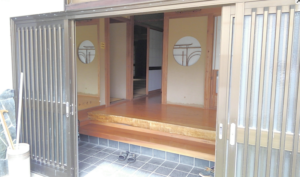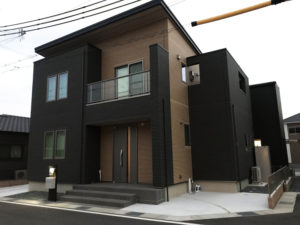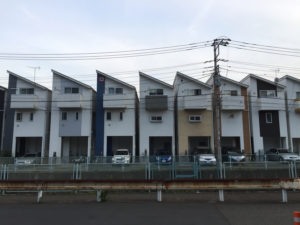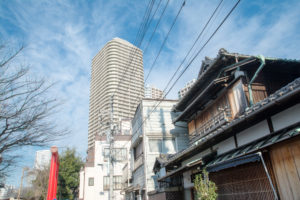Introduction
The Japanese real estate market offers unique opportunities and challenges for investors and homebuyers alike.
This article delves into the myriad costs associated with property transactions beyond the listing price,
helping you to budget effectively and navigate the market with confidence.
Understanding Purchase Costs
When buying property in Japan, costs extend far beyond the advertised price.
These vary based on the property’s location, type, and the transaction’s specifics.
Brokerage Commission (仲介手数料):
In Japan, brokerage fees for real estate transactions typically consist of 3% of the property’s sale price, an additional fixed fee of 60,000 yen,
and a consumption tax, which is currently at 10%.
These fees(commission) are payable to real estate agents (buying agents or listing agents).
Similarly, when you decide to sell your property through agents, the same fee structure applies.
You will need to pay 3% of the property’s sale price, plus a fixed fee of 60,000 yen,
along with the 10% consumption tax currently applicable.
These fees are payable to your selling agents.








